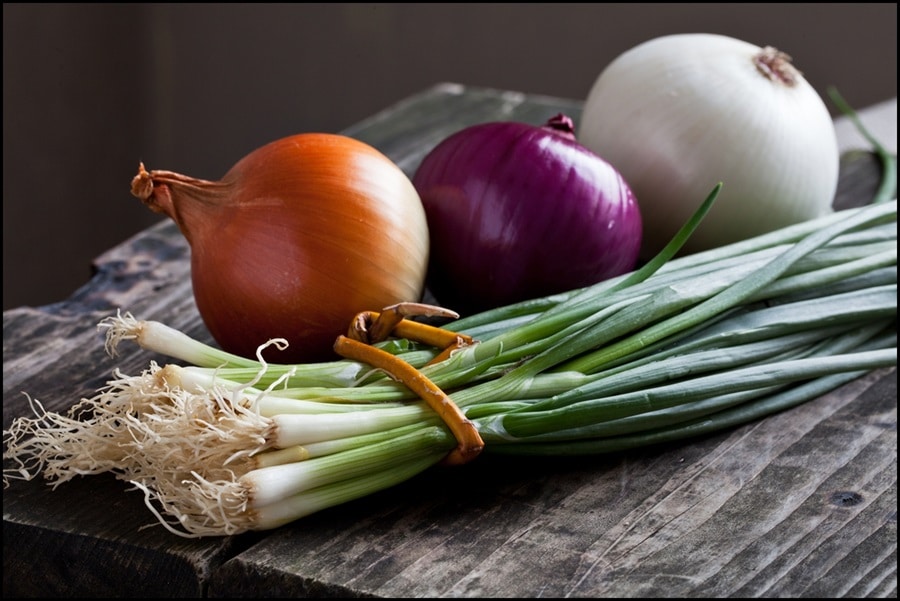Good eye health and clear vision are essential to navigating daily life, and the proper nutrition plays a pivotal role in achieving this. While many understand the basics of healthy eating, the specific vitamins for eye health often go unnoticed. This post delves into the vitamins vital for maintaining optimal eye health and vision, outlining their benefits, food sources, and the potential risks of deficiency. Whether seeking to enhance night vision, reduce the risk of age-related issues, or simply keep those eyes sparkling, understanding these nutrients is a step toward visual longevity.
Contents
- 1 Vitamin A: The Vision Enhancer
- 2 Vitamin C: The Antioxidant Powerhouse
- 3 Vitamin E: The Cell Protector
- 4 Omega-3 Fatty Acids: Vision and Dry Eyes
- 5 Zinc: The Eye’s Mighty Mineral
- 6 Lutein and Zeaxanthin: The Colorful Protectors
- 7 Vitamin B Complex: The Multifaceted Vitamins
- 8 Beta-Carotene: The Precursor to Vitamin A
- 9 Nourish Your Vision for a Brighter Tomorrow
Vitamin A: The Vision Enhancer
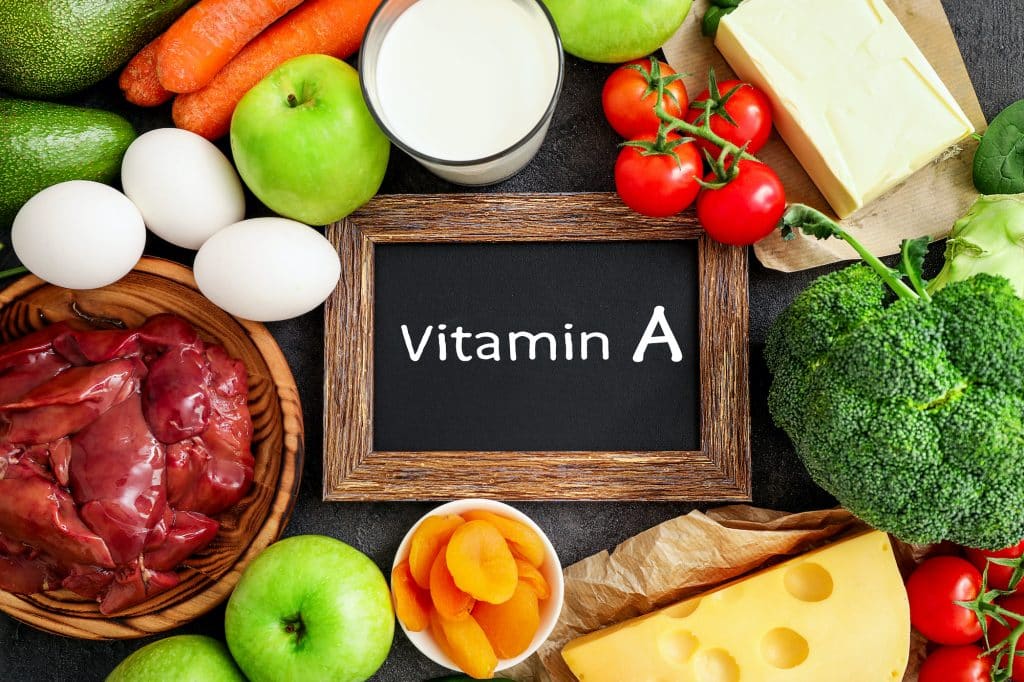
Vitamin A is indispensable for vision, particularly in low-light conditions. It is a key component of rhodopsin, a protein in the eyes that allows you to see in dim light. Without adequate Vitamin A, seeing at night becomes more difficult, and one may suffer from night blindness. Foods rich in Vitamin A include carrots, sweet potatoes, and leafy greens, making it easy to incorporate into any meal.
The benefits of Vitamin A extend beyond just night vision. It also plays a crucial role in protecting the cornea and the eye’s surface and is essential for preventing conditions such as dry eyes. However, too little Vitamin A can lead to serious eye issues, including xerophthalmia, a condition that can cause blindness. Thus, ensuring a diet with the right amount of Vitamin A is crucial for maintaining overall eye health.
Vitamin C: The Antioxidant Powerhouse
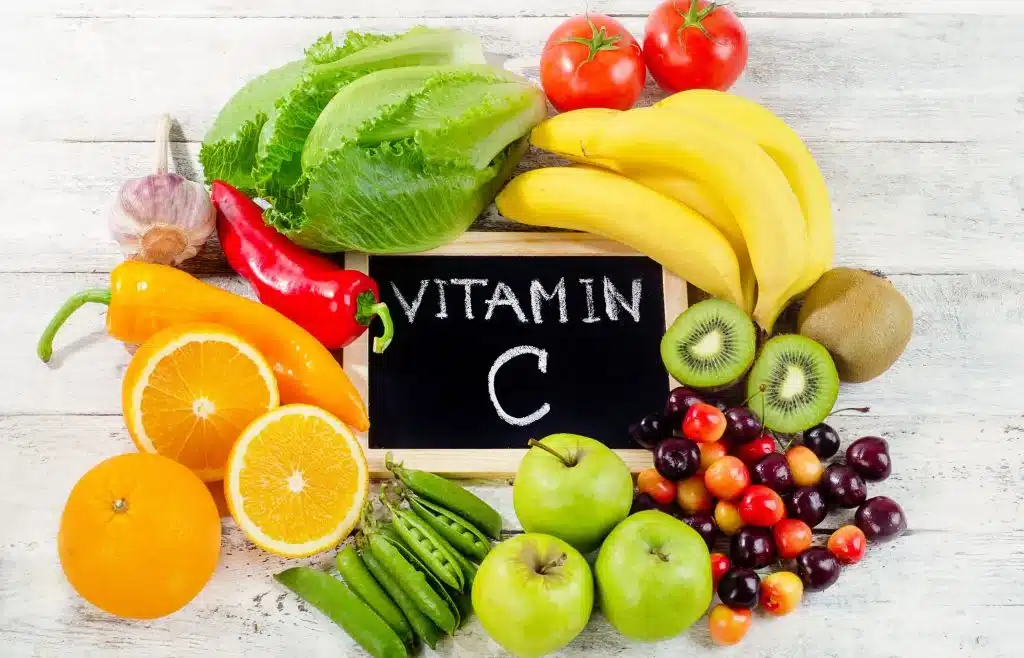
Vitamin C is not just for warding off colds; it’s a powerful antioxidant that combats free radicals in the eye, potentially reducing the risk of cataract formation and macular degeneration. This vitamin is abundant in the watery portions of the eye, such as the aqueous humor, where it helps maintain ocular health. Citrus fruits, berries, and broccoli are excellent sources of Vitamin C, making it easy to add to your daily diet.
Moreover, Vitamin C contributes to the regeneration of other essential antioxidants, such as Vitamin E, creating a defense system against age-related eye damage. Studies have suggested that a high intake of Vitamin C can slow the progression of age-related ocular conditions, highlighting its significance in eye health. Incorporating Vitamin C into your diet not only supports the immune system but also acts as a preventive measure against eye conditions, underscoring its importance in nutritional regimens focused on eye health.
Vitamin E: The Cell Protector
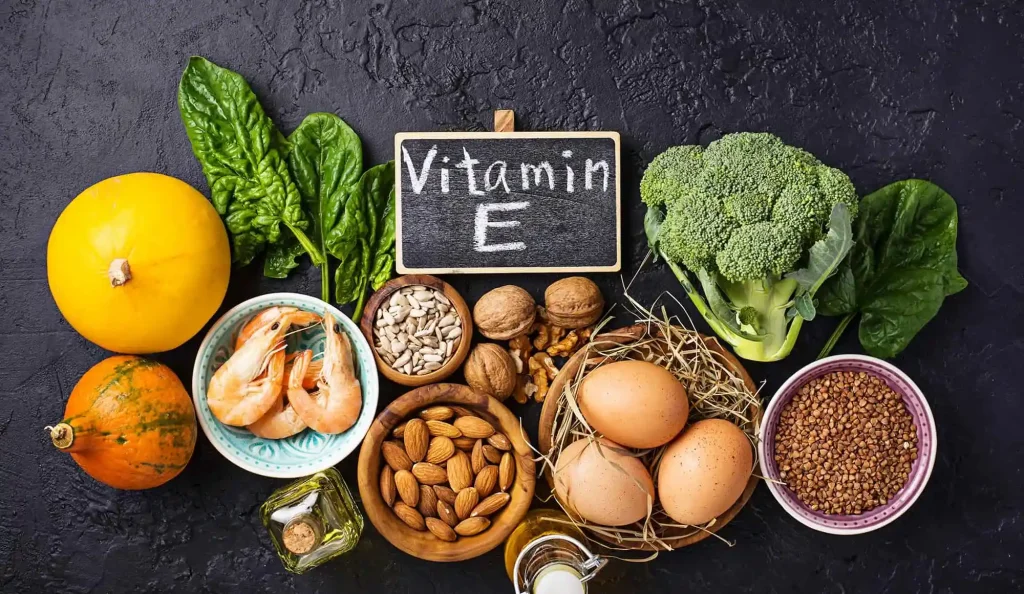
Vitamin E is a fat-soluble antioxidant that protects the eyes from oxidative stress, which can lead to the deterioration of healthy eye tissue. This nutrient is vital for the health of your eyes, particularly in preventing the onset of age-related macular degeneration (AMD), a leading cause of blindness. Foods rich in Vitamin E include nuts, seeds, and green leafy vegetables, offering a range of options for boosting intake.
The protective role of Vitamin E extends to the light-absorbing cells in the retina, where it helps to prevent AMD and cataracts. Regular consumption of Vitamin E-rich foods can significantly contribute to the structural integrity of the eye’s cells, ensuring long-term health and functionality. Given its role in eye health, Vitamin E should be a staple in any diet focused on maintaining vision and preventing age-related eye conditions.
Omega-3 Fatty Acids: Vision and Dry Eyes
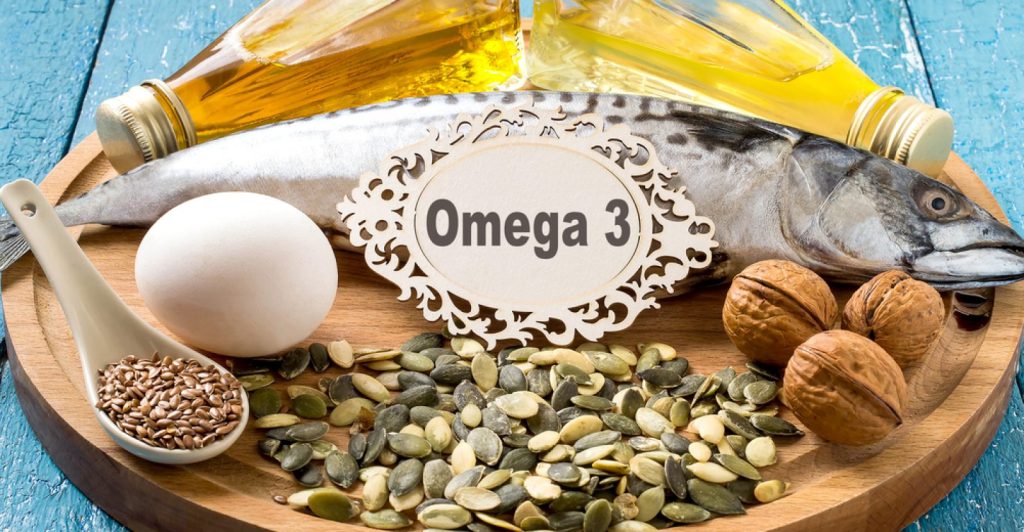
Omega-3 fatty acids are essential fats that play a significant role in eye health, particularly in preventing and managing dry eyes. These fats contribute to the visual development and retinal function, with DHA, a type of Omega-3, being a major structural component of the retina. Omega-3s can be found in fish, flaxseeds, and walnuts, providing a variety of options for dietary inclusion.
Research indicates that Omega-3 fatty acids can improve eye moisture, reducing the symptoms of dry eye syndrome, a condition that affects millions globally. Furthermore, Omega-3s have been linked to a lower risk of macular degeneration and glaucoma, showcasing their broad benefits for eye health. For those looking to protect their vision and enhance eye moisture, incorporating Omega-3 fatty acids into the diet is a beneficial strategy.
Zinc: The Eye’s Mighty Mineral
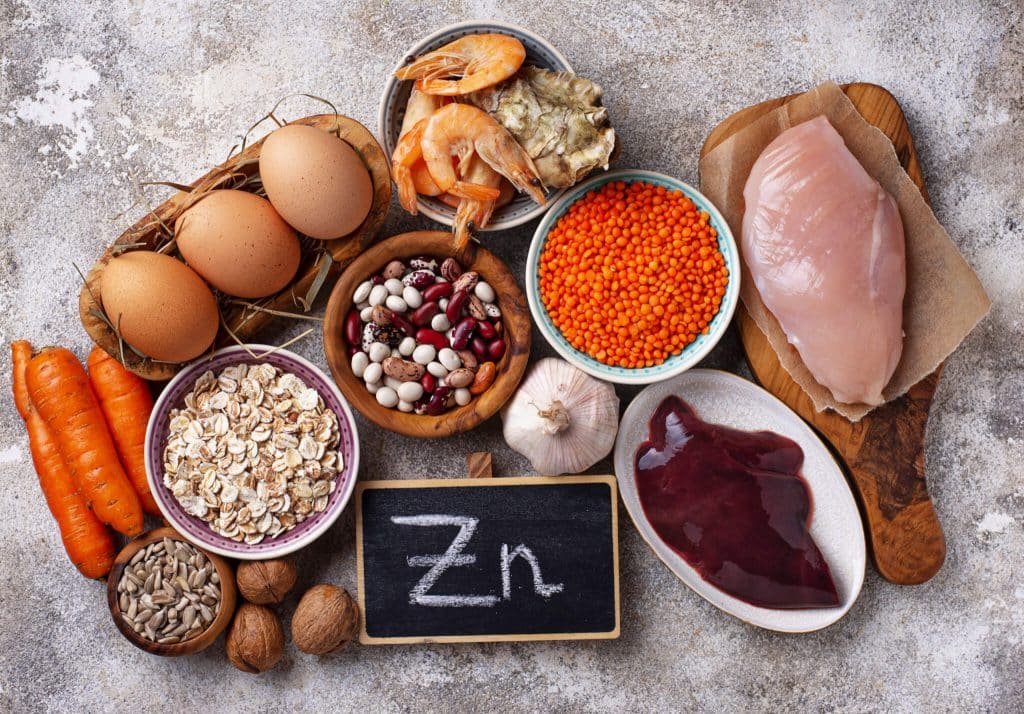
Zinc is a trace mineral that plays a critical role in transporting Vitamin A from the liver to the retina, which is essential for producing melanin. This pigment protects the eyes from UV light, underscoring zinc’s importance in maintaining healthy vision. Meat, shellfish, and legumes are prime sources of zinc, making it accessible through a variety of dietary choices. Ensuring an adequate zinc intake is key to preventing night vision problems and supporting overall eye health.
Moreover, zinc’s involvement in enzyme reactions within the eye helps maintain the health of the retina and can reduce the risk of age-related macular degeneration (AMD). A deficiency in this vital nutrient can lead to impaired vision and increased susceptibility to eye infections. Therefore, including zinc-rich foods in your diet is an effective way to safeguard eye health and maintain sharp vision as you age.
Lutein and Zeaxanthin: The Colorful Protectors
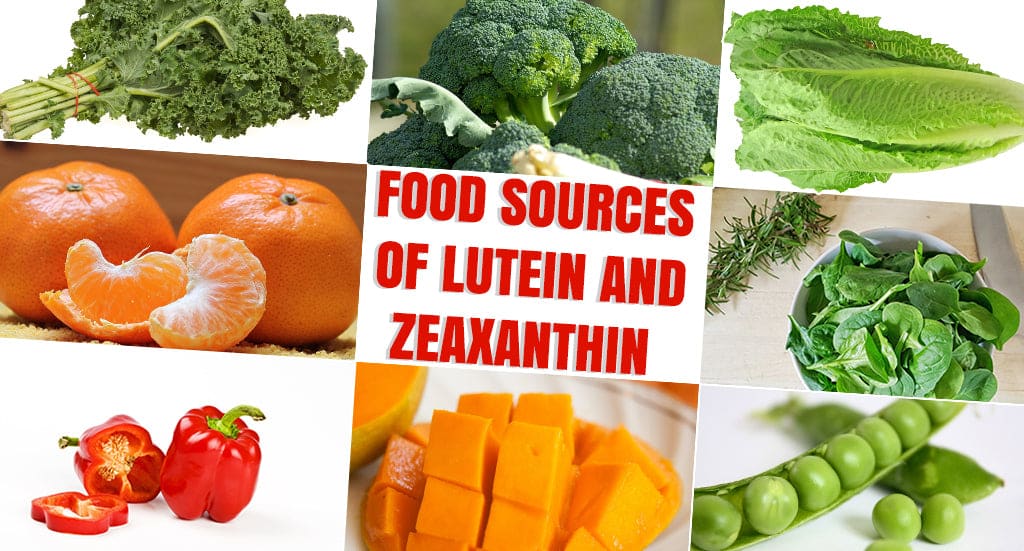
Lutein and Zeaxanthin are carotenoids found in the eye that filter harmful high-energy wavelengths of light, protecting the eyes from oxidative damage. These nutrients are pivotal in reducing the risk of chronic eye diseases, including cataracts and age-related macular degeneration (AMD). Kale, spinach, and eggs are excellent sources of both Lutein and Zeaxanthin, allowing for easy integration into meals. Regular consumption of these carotenoids is essential for maintaining the health of the macula, the part of the retina responsible for clear central vision.
Studies have shown that a diet rich in Lutein and Zeaxanthin can enhance visual performance and protect against light-induced skin damage. These benefits highlight the importance of incorporating these nutrients into your daily diet. By prioritizing foods high in Lutein and Zeaxanthin, you can actively contribute to the longevity of your eye health and protect against vision impairment.
Vitamin B Complex: The Multifaceted Vitamins
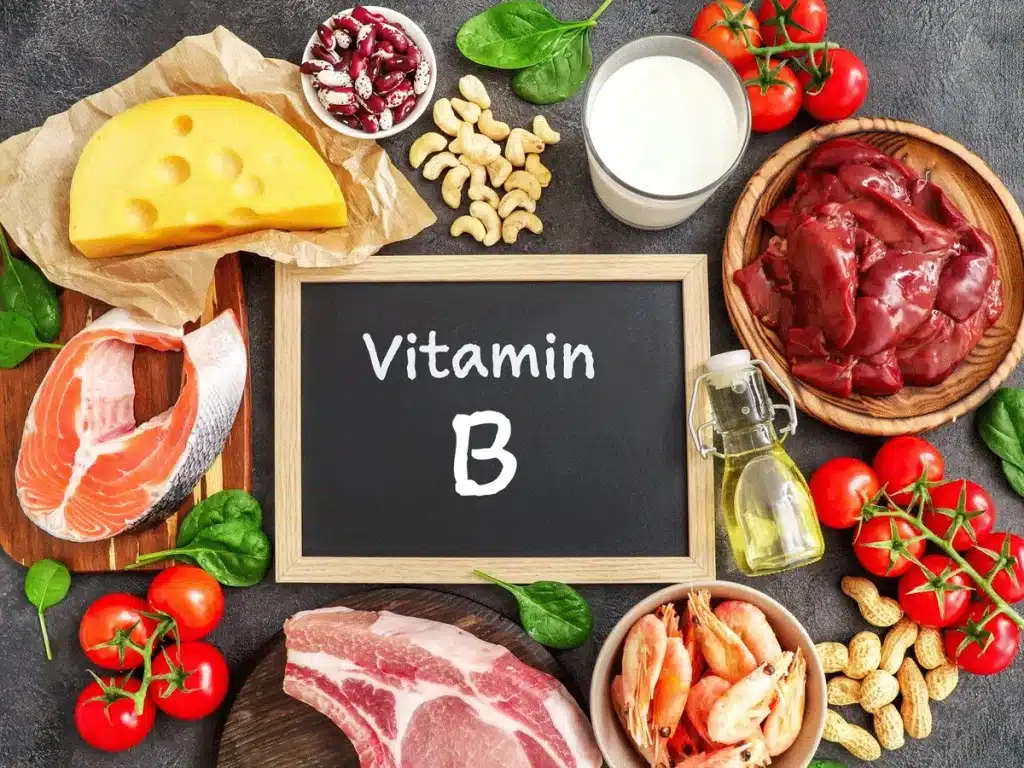
The B Vitamins, including B1, B2, B3, B6, and B12, play a multifaceted role in maintaining eye health. They are involved in the functioning of the nervous system and the health of red blood cells, which directly impacts eye health. Sources for these vitamins vary widely, from animal products like meat and dairy to whole grains and legumes, offering diverse dietary options. These vitamins are crucial for reducing inflammation and preventing age-related eye conditions, such as macular degeneration and glaucoma.
Each B Vitamin serves a unique purpose in supporting eye health. For instance, Vitamin B12 deficiency is linked to vision loss and optic neuropathy, while Riboflavin (B2) is essential for reducing oxidative stress in the eyes. Ensuring a balanced intake of B Vitamins can significantly contribute to eye health, offering protection against various eye conditions. The broad impact of B Vitamins on eye health underscores the importance of a well-rounded diet rich in these nutrients.
Beta-Carotene: The Precursor to Vitamin A

Beta-Carotene is a powerful antioxidant that the body converts into Vitamin A, crucial for good vision, eye health, and overall immunity. Found in colorful fruits and vegetables like carrots, pumpkins, and sweet potatoes, Beta-Carotene not only supports vision but also contributes to the maintenance of healthy skin and mucous membranes. The conversion process from Beta-Carotene to Vitamin A in the body highlights the importance of including a variety of Beta-Carotene-rich foods in your diet to support eye health and vision.
Additionally, beta-carotene’s role as a precursor to vitamin A means that it is essential for preventing conditions such as night blindness and dry eyes, which are common symptoms of vitamin A deficiency. By regularly consuming foods high in Beta-Carotene, you can ensure an adequate intake of Vitamin A, support your eye health, and enhance your body’s natural defenses. Including Beta-Carotene in your diet is a proactive step towards maintaining optimal vision and protecting against age-related eye diseases.
Nourish Your Vision for a Brighter Tomorrow
Nutrition plays a pivotal role in eye health, and understanding the essential vitamins and minerals can make a significant difference in maintaining and enhancing vision. By incorporating foods rich in these nutrients into your daily diet, you’re not only supporting your eyes but also your overall well-being. Let this guide be the first step towards a diet that keeps your vision sharp and your eyes healthy, proving that what you eat truly can help you see a brighter future.

